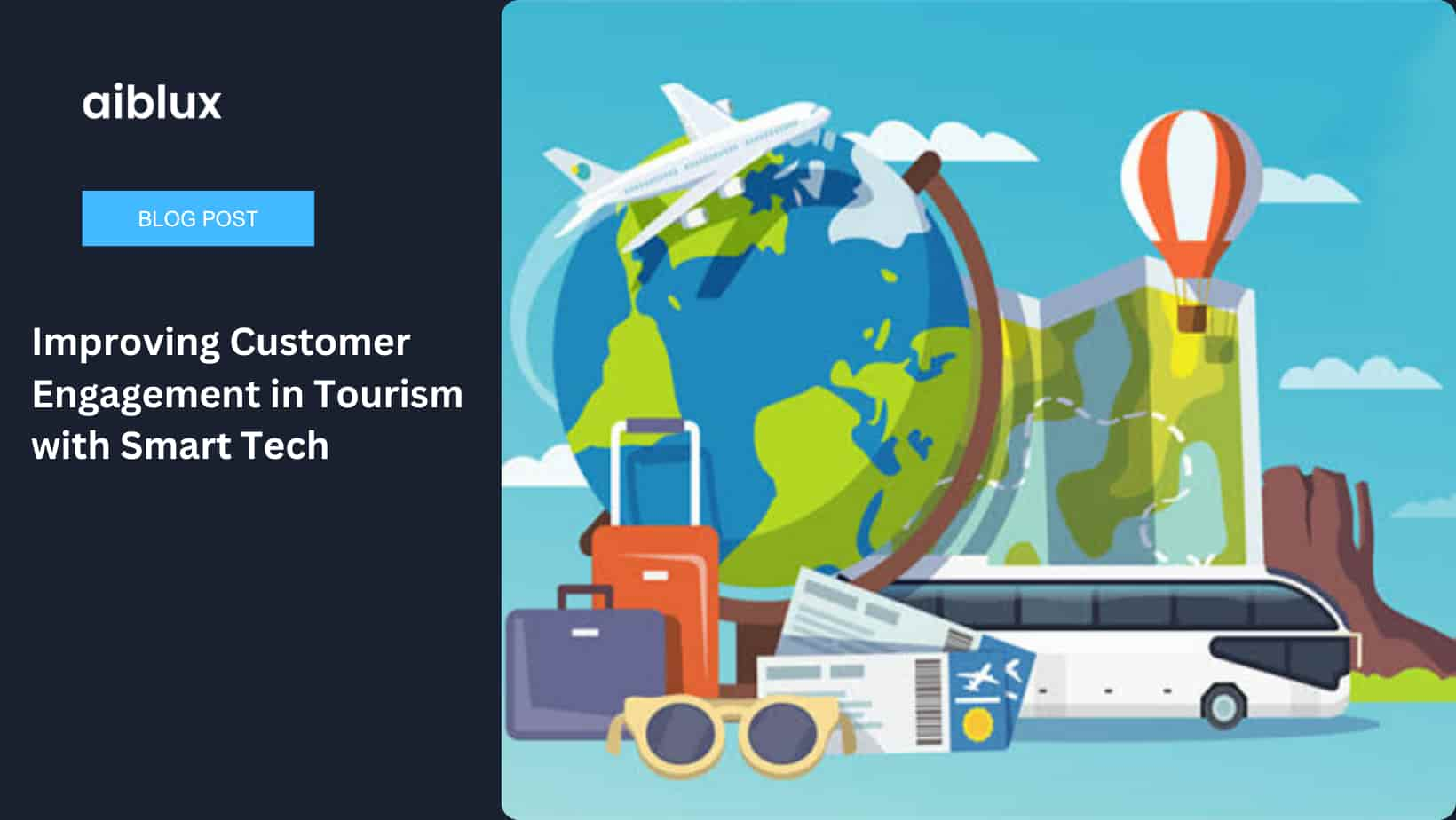The Internet of Things (IoT) is no longer a futuristic concept but a tangible reality transforming industries worldwide. From smart cities to connected healthcare, IoT devices are generating unprecedented amounts of data, driving efficiency, and creating new opportunities. But what tiny, yet powerful, component often forms the heart of these intelligent systems? Enter the ESP32, […]
Smart technology is revolutionizing tourism by enhancing customer engagement through personalized and seamless experiences. Tools like artificial intelligence, IoT, and mobile apps enable tourists to access tailored recommendations, real-time updates, and effortless bookings. Virtual reality (VR) offers immersive previews of destinations, while chatbots ensure instant support. Location-based services guide travelers to nearby attractions and provide curated suggestions. Hotels are adopting smart solutions such as keyless entry, personalized room settings, and augmented reality (AR) guides to create interactive experiences. These innovations boost convenience and satisfaction, fostering customer loyalty and setting new standards for a more engaging, tech-driven tourism industry.
Are We Ready for the Quantum Leap? Cryptography is the backbone of modern cybersecurity, safeguarding sensitive data, online transactions, and digital communications. But what happens when quantum computing—a technology promising computational power millions of times greater than today’s supercomputers—comes into play? The intersection of cryptography and quantum technology has sparked an urgent global conversation. While […]
To bridge the gap between the two , there emerged a new concept called ‘The Neuro-Symbolic AI’, to define it precisely , It is a hybrid concept or approach that potentially aims at combining the strengths of Neural Networks and Symbolic Reasoning in order to develop more sophisticated and powerful AI systems capable of making desirable interpretations.
Explore the advantages and drawbacks of using low-code platforms for business-critical tasks. This article discusses the benefits such as accelerated development, cost efficiency, and empowering non-technical staff, alongside potential downsides like limited customization, scalability issues, vendor lock-in, security concerns, and performance challenges.




